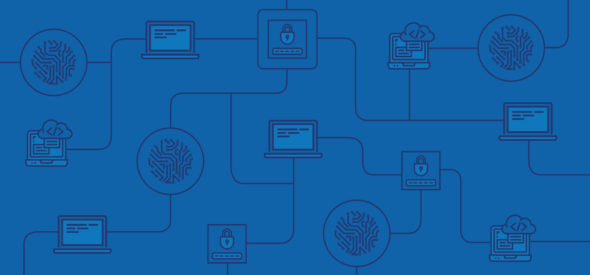ADC attends 6th UN Regional Forum on Business and Human Rights for Latin America and the Caribbean
The Association for Civil Rights (ADC) took part in the thematic session titled “Protection and respect for human rights in the technology sector in Latin America and the Caribbean”, within the 6th UN Regional Forum on Business and Human Rights, held on October 5 in virtual format.
In a panel made up of Mauricio Arce (Milicom), Brenda Santos (InternetLab), and Sebastián Smart (INDH Chile), ADC researcher Marianela Milanés spoke about the challenges and opportunities for the exercise of fundamental rights in the online sphere, referring to the implementation of IT by governments of the region and Argentina during the Covid-19 pandemic as an example.
In this regard, our delegate pointed out, “The healthcare strategies applied throughout the region showed an obvious inclination of governments to engage in discretionary spending on digital technologies, on the alleged grounds of sanitary considerations. This government discretion raised widespread concerns about their legitimacy and reasonableness”.
Milanés then mentioned ADC’s contribution in May last year, two months after the Argentinian government decreed nationwide mandatory isolation measures: a study on eleven different apps deployed at the national, provincial, and municipal levels in face of the situation. The findings of our investigation were alarming, as some of the apps scrutinized included the collection of biometric data, and/or were made mandatory for the exercise of fundamental rights.
After enumerating the various objections to such applications, Milanés highlighted the problems that non-critical adoption of technology – a process also referred to as “technological solutionism” – can pose for the rights to privacy and data protection.
Our emissary finally indicated that digital access and the exercise of human rights in the digital sphere are constrained by the structural inequality of our societies. “Therefore, people and social groups in vulnerable situations must be given special attention in any measure seeking to identify, prevent, mitigate or account for adverse impacts on their rights that take place in the online realm and/or through digital technologies,” she said.
The session, sponsored by the B-Tech project and moderated by human rights officer Nathalie Stadelmann, was organized by the Office of the United Nations High Commissioner for Human Rights (OHCHR), jointly with ADC, InternetLab, and the Human Rights Institute of Chile.

